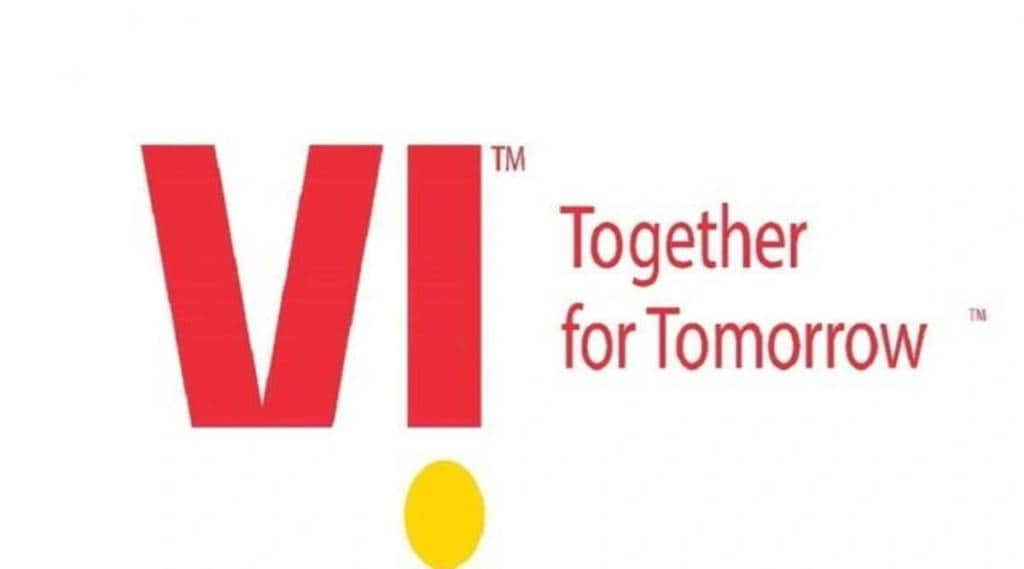Financially troubled telecom service provider Vodafone Idea’s (VIL) board will consider a proposal on Friday for issuance of convertible debentures on a preferential basis to a vendor.
While the company did not name the vendor in its regulatory filing on Wednesday, the announcement comes days after Indus Towers, one of its key vendors, had written to the company to clear its outstanding dues or lose access to the towers by November-end. It had also asked VIL to pay on time every month for continuity of business post-November.
The warning to pay up or lose access to towers has serious implications for VIL as a majority of its towers are leased from Indus Towers and any disruption would jeopardise connectivity for millions of subscribers as well as impede its plans to roll out 5G services. VIL is the only telecom operator which has so far not offered specific timelines for the launch or coverage of its 5G services.
VIL owes about Rs 7,000 crore to Indus Towers. After the letter asking to clear dues, VIL had in a regulatory filing said that it was in talks with Indus for softer payment terms.
Apart from Indus Towers, VIL also owes Rs 3,000 crore to American Tower Company.
According to some analysts, if VIL’s board approves issuing securities to Indus Towers and the latter’s board accepts the proposal, it would give Bharti Airtel an indirect stake in the tower company. Currently, Bharti Airtel is the majority shareholder in Indus Towers with a 47.76% stake, while Vodafone Plc holds about 21% stake in the tower company. Vodafone Plc also has a board seat in Indus Towers.
Also read| Voda Idea chief bats for lower levies
“It does not make sense for Indus Towers to agree to convertible debentures as it is not going to improve its cash flows,” an analyst said on the condition of anonymity.
Lately, Indus Towers has been facing some cash flow-related stress largely due to discounts for tower rental renewals which happened during the June quarter. The tower company even reported a sharp decline in its average tower rental to Rs 41,879 per installation per month in April-June from Rs 47,148 in the preceding quarter.
Going forward, the company’s financial performance is dependent heavily on VIL’s repayment of dues. As per earlier discussions, VIL had committed to pay part of the amount to be billed till December 31, and 100% of the billed amount thereafter.
Also read| Voda Idea says its 5G rollout journey will begin soon; doesn’t specify launch, coverage timelines
VIL has been struggling to raise external funding for some time now. In 2020, the company’s board had approved a plan to raise Rs 25,000 crore, but the company has so far only been able to raise close to Rs 5,000 crore from promoters. According to the company, potential investors, both strategic as well as financial, are waiting for the government to convert its debt into equity, which will give the latter a 32% stake in the company, before taking a call on their investment.
The government has given telecom operators an option of paying the interest for four years of deferment on the deferred spectrum instalments and adjusted gross revenue (AGR) dues by way of conversion into equity of the net present value of such interest amount.
At the end of the April-June quarter, VIL’s gross debt, excluding lease liabilities and including interest accrued but not due, stood at Rs 1.99 trillion, comprising deferred spectrum payment obligations of Rs 1.16 trillion, AGR dues of Rs 67,270 crore, and debt from banks and financial institutions of Rs 15,200 crore.


